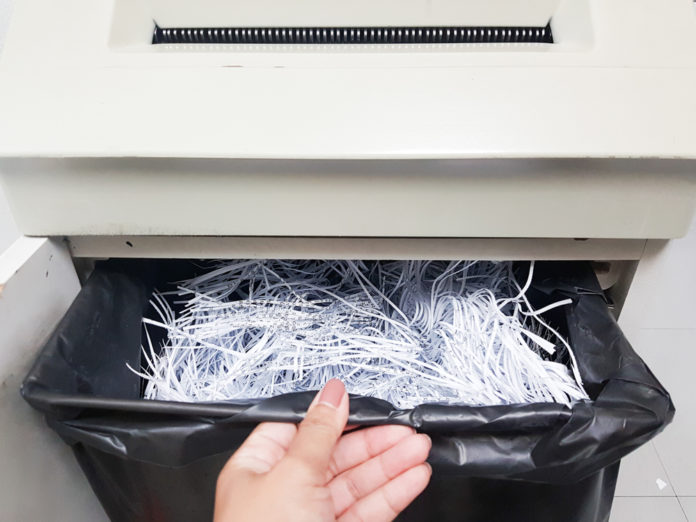Motion seeking sanctions for spoliation of evidence is denied. The contractor alleged the government had destroyed evidence, and it asked the board to draw an adverse inference as a sanction. The board denied the motion, finding that the contractor had not established the government had a duty to maintain to the evidence. Indeed, the record showed the government had destroyed the evidence as part of its normal document retention policies. What’s more, the contractor could not prove that the destruction was motivated by a culpable state of mind or that it had been prejudiced by the destruction.
Sungjee Construction had a contract with the Army to perform work on a base on South Korea. The Army terminated the contract for default. Sungjee appealed the termination to the ASBCA. Sungjee alleged on appeal that its problems in performing the contract had been caused by the government’s refusal to issue passes that the company needed to perform work on the base.
Sungjee filed a motion to compel the government to produce evidence showing that the government had issued proper passes and decals to the company. In response to the motion, the government noted that it destroyed copies of the pass requests and issued passes as part of its normal document retention policies. Sungjee then moved for sanctions due to spoliation of evidence. As part of that motion, Sungjee asked the board to draw an adverse inference from the government’s failure to produce the passes—namely, that the missing passes would have supported Sungjee’s position that the government failed to timely issue passes.
A party requesting sanctions for the spoliation of evidence has to prove three elements: (1) the party with control over the evidence had a duty to preserve the evidence; (2) the destruction of the evidence was accompanied with a culpable state of mind, and (3) the destruction of evidence prejudiced the requesting party.
Here, the board found that Sungjee could not satisfy any of the elements. The board found that the passes were destroyed in accordance with the agency’s document retention policy. Sungjee had not established any regulatory or contractual duty to retain the records.
Sungjee argued that the government should have retained the passes because litigation over the termination was foreseeable. The board, however, reasoned that Sungjee had pointed to nothing in the record that should have made the government reasonably foresee that litigation was foreseeable. The mere possibility of litigation that accompanies a government action like a default termination does not, by itself, trigger a duty to preserve records.
The board also found that the Sungjee had not met it burden with respect to the culpable state of mind element. Sungjee had identified anything in the record that indicated the documents were destroyed for any other reason than housekeeping.
Moreover, while the passes may have been relevant, Sungjee had not established that they would have been favorable to its position. Indeed, the board noted, Sungjee could not explain why this information was not is its own possession. Typically, parties to a contract keep files to document developments that may be relevant to their rights and responsibilities. If the government’s failure to issue these passes was indeed the reason Sungjee was unable to perform, it seemed unlikely that Sungjee would not have carefully documented that fact to support it defense.
Sungjee is represented by Song Yong Eui of Central IP & Law. The government is represented by Scott N. Flesch and Major Mark T. Robinson of the Army.




